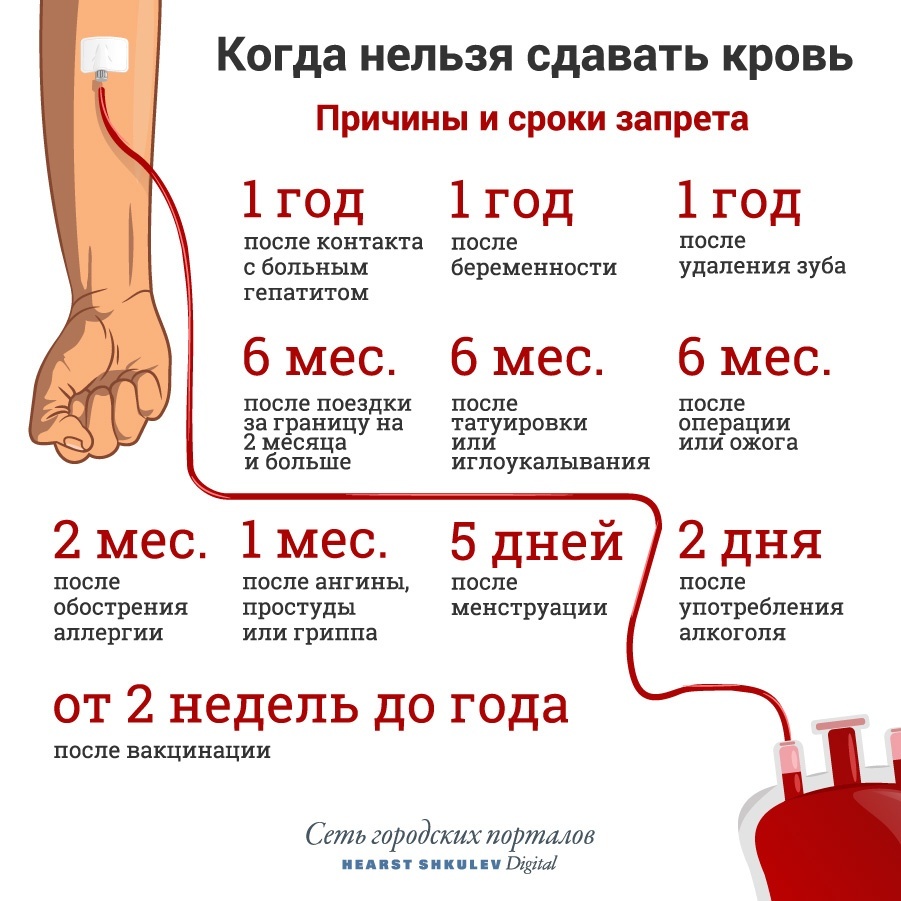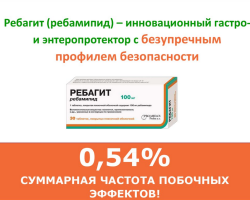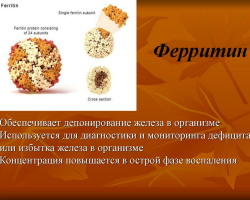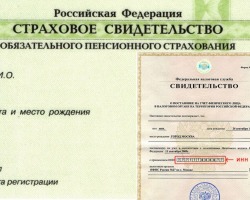In this article, we will tell you who the donors are, how they become and how much they pay for it.
Content
- Who is the donor, and who can become them?
- Who can not become a donor?
- What does a blood type for donation mean?
- Blood donor: Rules, preparation
- Who are universal donors?
- What are the benefits for donors?
- How much do blood donors receive - what is the payment in money, what benefits?
- Who is an honorary donor, and what is it supposed to?
- How many days off do donors give for blood donation?
- Are the donor weekend included in experience for pension?
- Where to donate blood for money in Moscow?
- Video: How to become a donor. Rules for Russia
Each of us donates blood more than once in our entire life and therefore there was an opinion that being a donor is also easy. But in fact, in order to become them, one must take into account many points. Let's figure out the main of them.
Who is the donor, and who can become them?

In our country there is a certain law that clearly defines the concept of donation, and also stipulates their rights and obligations. We are talking about the Federal Law of the Russian Federation No. 125-ФЗ dated 07/20/2012 "On the donation of blood and its components."
The donor is a person who voluntarily donates blood for others, who urgently needs transfusion.
Everyone who is in the age of 18-60 years can engage in donation, if it meets the following conditions:
- There is citizenship of the Russian Federation, or accommodation in the territory of the state is at least a year with a special resolution
- Persons who have legal capacity defined by law or court decision
- Through the tests, as well as undergoing an examination and, according to its results, allowed before blood donation
- No contraindications
Who can not become a donor?

As you can understand, the requirements for donors are not so high, but at the same time, not everyone is allowed to become them. So, before blood donation, people with certain diseases are not allowed:
- Infections and viruses. A simple cold, of course, is not a reason for a complete ban, but HIV, hepatitis, tuberculosis and similar ones are definitely strictly forbidden to donate blood
- Parasitic. This group includes toxoplasmosis
- With complex diseases of organs or cancer
- If a person suffers from alcoholism or addict
Removing or transplanting of any organs is also a contraindication for blood donation. Moreover, pregnant women and in the postpartum period are also in the category of risk, it makes no sense to say why. It takes a year to restore the body, and only then you can give blood donation again. Monthry is also considered a contraindication and after them it is required to wait another 5 days.
What does a blood type for donation mean?
For everyone who decides to become a donor, a blood type is necessarily checked. The point is that doctors must know this in order to know where to direct it and whether it is rare. The definition is carried out in accordance with the presence of special molecules A and V.
Today 4 different blood groups are distinguished:
- 1 group. It includes people if they do not have a single molecule
- 2 group. In red blood cells there are exclusively molecules a
- 3 group. Has only molecules in
- 4 group. Both molecules are present
There is still a couple for each antigen. They are expressed by plasma proteins α and β. The plasma of the first group contains both proteins, the second - only β, the third is only α, and in the fourth they are all absent.

A human blood type always remains unchanged regardless of the situation. This can be only after bone marrow transplantation. Such an operation allows that both participants have a different group.
Blood donor: Rules, preparation
It is important to note that the procedure requires mandatory preparation and compliance with certain rules:
- If you feel not very good, it is better to refuse that day from going to blood donation
- Before the procedure, in about one hour, it is better not to smoke
- Alcohol should be refused a couple of days before going to the doctor
- Preparations reducing blood coagulation are prohibited for use in three days
- Before the procedure, you should adhere to proper nutrition, what exactly is allowed to eat, it is better to clarify with doctors
- It is recommended to sleep well before the day of departure to the doctor, and also have breakfast well
- When examining a doctor, be sure to reliably answer questions about your health, you should not hide anything, because it is fraught with consequences

After the procedure, you also need to adhere to some rules:
- After the procedure, you need to relax a little and sit. If you feel great, you can safely go to drink sweet tea.
- If your head is d survid, then be sure to tell the doctor about it. They will provide you the right help.
- The applied bandage should not be wetted and removed for several hours to prevent the appearance of the bruise.
- After visiting the center, try to spend the day calmly and without unnecessary activity. Physical activity and severity are better off.
- Food for two days should be full for the restoration of the body.
Who are universal donors?

At the moment, the concepts of universality of donors or recipients do not exist. Doctors considered it incorrect and therefore it ceased to be used. It is believed that blood type should always coincide. However, there are situations when the necessary blood cannot be transmitted and then the first is used, but only it is unlikely to be called a full transfusion. If a lot of blood is required, then it necessarily shimmers with the group that should be.

What are the benefits for donors?

Those who donate blood are free and constantly rely on certain privileges. Of course, there will definitely be no payment for this, but in any case, vouchers and medical care are provided out of turn. Moreover, on the day of blood donation, free meals are supposed. The diet is compiled specifically in accordance with the requirements.
To get a preferential ticket, you need to donate blood at least twice a year.

How much do blood donors receive - what is the payment in money, what benefits?
Thinking about this issue, you still need to understand what health you have and whether it is worth taking money for it. But only if you still decide to earn money, then payments are as follows:
- If you donate blood on a paid basis, then, depending on the type, blood group and other factors, the payment of up to 45% of the established subsistence minimum is supposed to
- Free meals are not provided, but you can get compensation for 5% for it
- At the workplace, two weekends are provided out of turn while maintaining payment
It is also important to take into account in which specific city the blood is donated. Most paying in Moscow, Novosibirsk and other large cities. This also affects the amount of compensation for nutrition.

Who is an honorary donor, and what is it supposed to?

Undoubtedly, donation is very good and even though the benefits are not so significant, people still donate blood. According to the law, everyone has the opportunity to earn the title of “Honorary Donor”. To do this, you need to donate blood from 40 times or plasma 60 times.

When a sufficient amount is typed, you need to prepare special documentation and send it into social protection at the place of residence. This will be required:
- Passport or power of attorney of the representative
- Application for the appropriate title and certificate to confirm it
- A certificate from the transfusion center that the corresponding amount of blood was indeed passed
The application is considered no more than 95 days, but there are some reasons when the title may not be provided:
- The certificate is wrong and the number of times is intentionally exceeded
- The donor lives in one area, and is registered in another
- The donor could not provide a certificate of the proper sample
As a rule, the assignment of ranks is carried out in a festive atmosphere with the presence of journalists and relatives.

How many days off do donors give for blood donation?
In accordance with part 4 of Article 186 of the Labor Code of the Russian Federation A person who donates blood is provided on the day of the fence 2 paid days off, free meals or it is compensated in monetary terms equal to 5% of the subsistence level, these are 534 rubles for each blood donation.
If a person donated blood and worked on his workplace on the same day, then by law article 186 of the Labor Code of the Russian Federation The employer is obliged to provide paid on average weekend on another day.
Are the donor weekend included in experience for pension?
Yes, the donor weekend is counted in a general and preferential experience for registration of a pension.
Where to donate blood for money in Moscow?
Each city has special points for taking blood. Moscow has more than 25 blood transfusion centersWhere can any resident of the city and its environs go. It is important to note that the donor can not become in each of them.
It is also worth noting that for this you must have a residence permit. But the federal departments work with someone who is registered in the region.
So far, all centers adhere to this order, but it is planned to create a common donor base and people can go to any blood transfusion centers, regardless of location.








